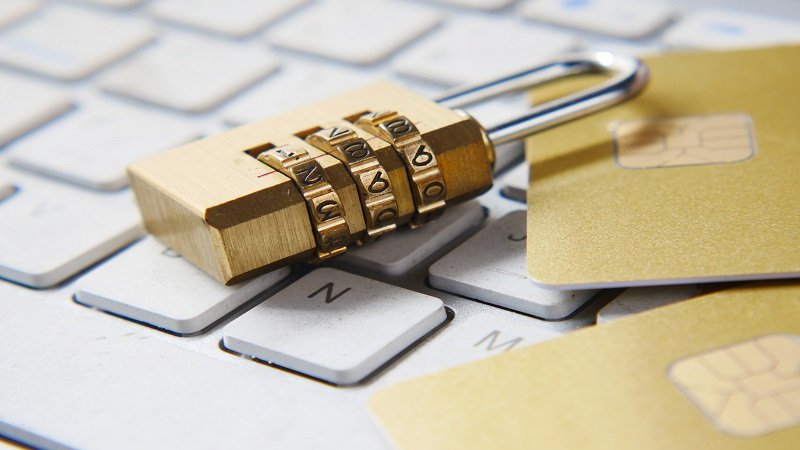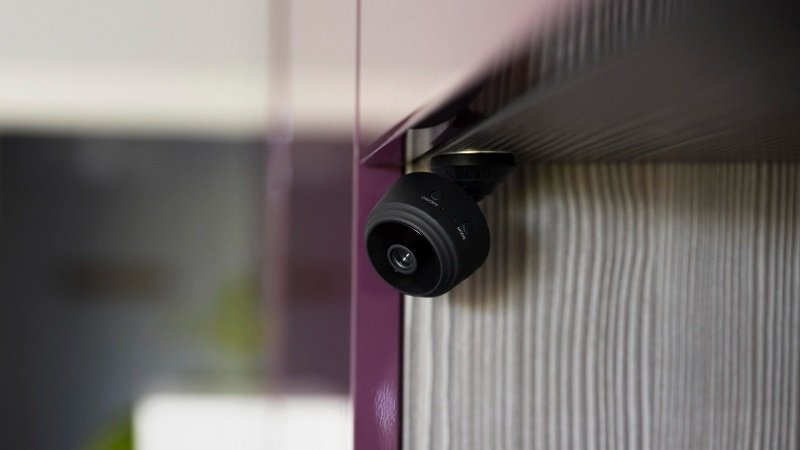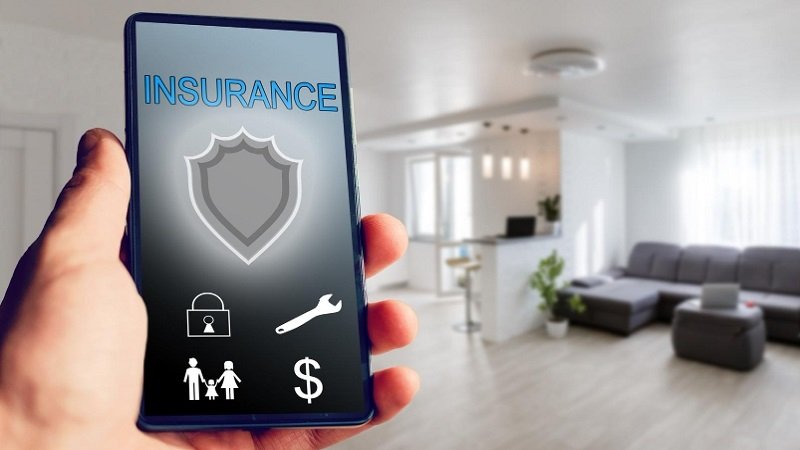How to Secure Your Smart Home from Cyber Threats?
The concept of a smart home, where various devices and appliances are interconnected and controlled through the internet, has revolutionized the way we live. Smart homes offer convenience, energy efficiency, and improved functionality. However, with this technological advancement, the risk of cyber threats to smart homes has also increased.

In this article, we will explore how you can protect your smart home from cyber threats and ensure a safe and secure living environment for you and your family.
Understanding Cyber Threats to Smart Homes
Before delving into the ways of securing your smart home, it is essential to understand the types of cyber threats that can target these interconnected devices. Common cyber threats include malware, ransomware, phishing attacks, and botnets. These threats can exploit vulnerabilities present in smart home devices, compromising your privacy and security.
Securing Your Smart Home Automation
To safeguard your smart home from cyber attacks, it’s crucial to adopt robust security practices:
Keep Your Wi-Fi Network Secure
Your Wi-Fi network is the gateway to your smart home devices. Secure it by changing the default password, using strong encryption, and hiding the network name (SSID).
Set Strong Passwords and Enable Two-Factor Authentication
Always set strong and unique passwords for each smart device and account. Enable two-factor authentication (2FA) whenever possible to add an extra layer of security.
Regularly Update Firmware and Software
Keep all your smart devices’ firmware and software up to date. Manufacturers often release updates that address security vulnerabilities.
Disable Unused Features and Ports
Disable any features or ports on your devices that you do not use. This reduces potential entry points for cyber attackers.
Using Secure Smart Home Devices
When purchasing smart home devices, consider these security tips:
When buying electronic devices, it’s important to choose reputable brands that prioritize strong security measures. Before making a purchase, be sure to carefully read the privacy policies and terms of service to understand how your data will be used and protected. Additionally, make use of any built-in security features that the device may offer for added protection.
Network Security Measures
Enhance your smart home’s network security with these steps:
To protect your network from potential security threats, it’s recommended to use a firewall and intrusion detection system. These tools can monitor network traffic for any suspicious activities. Additionally, it’s wise to create separate networks for your smart home devices and personal devices, as this can help minimize potential risks. To secure your router and modem, make sure to use strong passwords and encryption to prevent unauthorized access.
Educating Yourself and Your Family
Knowledge is a powerful defense against cyber threats. Educate yourself and your family about cybersecurity:
It’s important to educate your family about cybersecurity and the potential risks that come with using the internet. Have open discussions about safe practices and how to recognize and avoid suspicious emails, links, and messages. Regularly review the security settings of your smart devices and network to ensure they are up-to-date and secure. By taking these precautions, you can help protect your family from online threats.
Data Protection and Privacy
Protecting your data and privacy is paramount:
To ensure safety and privacy, it’s important to control data sharing and permissions. Only essential functions should be allowed access. Personal data must be stored securely to prevent unauthorized access. It’s important to monitor all connected devices and remove any unknown or unauthorized ones to prevent potential security threats.
Securing Smart Home Cameras and Voice Assistants
Cameras and voice assistants require special attention:
It’s important to change default settings and passwords on cameras and voice assistants to ensure maximum security and privacy. Consider reviewing the placement of your cameras and disabling audio recording if you have concerns about privacy. It’s also recommended to review and restrict third-party app access to your voice assistants. By taking these precautions, you can better protect your personal information and keep your devices secure.
Physical Security of Smart Home Devices
Physical access to devices should also be secured:
It’s important to limit physical access to smart devices to ensure their security. Additionally, if remote access is necessary, it’s essential to use secure methods like VPNs to protect against potential breaches.
Smart Home Security Solutions
Consider investing in dedicated smart home security solutions:
Install comprehensive smart home security systems that include sensors and monitoring services. Improve your door security with the help of smart locks and doorbell cameras. You can also opt for professional security monitoring services to ensure maximum protection for your home.
The Future of Smart Home Security
The future of smart home security looks promising:
As threats to cybersecurity continue to evolve, advancements in technology are expected to keep pace to combat them effectively. Additionally, there will likely be an increase in regulations and standards for smart home devices to improve overall security measures.
How to Secure Your Smart Home from Cyber Threats?
| Category | Tips |
|---|---|
| Securing Your Smart Home | Keep your Wi-Fi network secure, set strong passwords and enable two-factor authentication, regularly update firmware and software, disable unused features and ports |
| Using Secure Smart Home Devices | Research and purchase from reputable brands, read privacy policies and terms of service, utilize built-in security features |
| Network Security Measures | Smart home security systems, smart locks, and doorbell cameras, security monitoring services |
| Educating Yourself and Your Family | Raise awareness about cybersecurity, teach safe online practices, regularly conduct security checkups |
| Data Protection and Privacy | Control data sharing and permissions, securely store personal data, monitor connected devices |
| Securing Smart Home Cameras and Voice Assistants | Change default settings and passwords, review camera placement and disable audio recording if necessary, limit third-party app access to voice assistants |
| Physical Security of Smart Home Devices | Secure physical access to devices, safeguard remote access |
| Smart Home Security Solutions | Advancements in cybersecurity technology, enhanced regulations, and standards |
| The Future of Smart Home Security | Advancements in cybersecurity technology, enhanced regulations and standards |
Conclusion
Securing your smart home from cyber threats is crucial in today’s interconnected world. By implementing the security measures discussed in this article, you can protect your data, privacy, and smart devices effectively. Embrace the benefits of smart living while staying safe and secure.
FAQ: Frequently Asked Questions
- Is it essential to change default passwords on smart devices?
- Yes, changing default passwords is crucial to prevent unauthorized access.
- Are smart home security systems worth the investment?
- Smart home security systems provide added protection and peace of mind, making them a worthwhile investment.
Check out our other blog posts
The Impact of Artificial Intelligence on Smart Home Automation
The Pros and Cons of Smart Home Automation: Is It Right for You?
The Evolution of Smart Home Automation: Tracing the history of smart home Technology
The benefits of smart home automation for energy efficiency!

